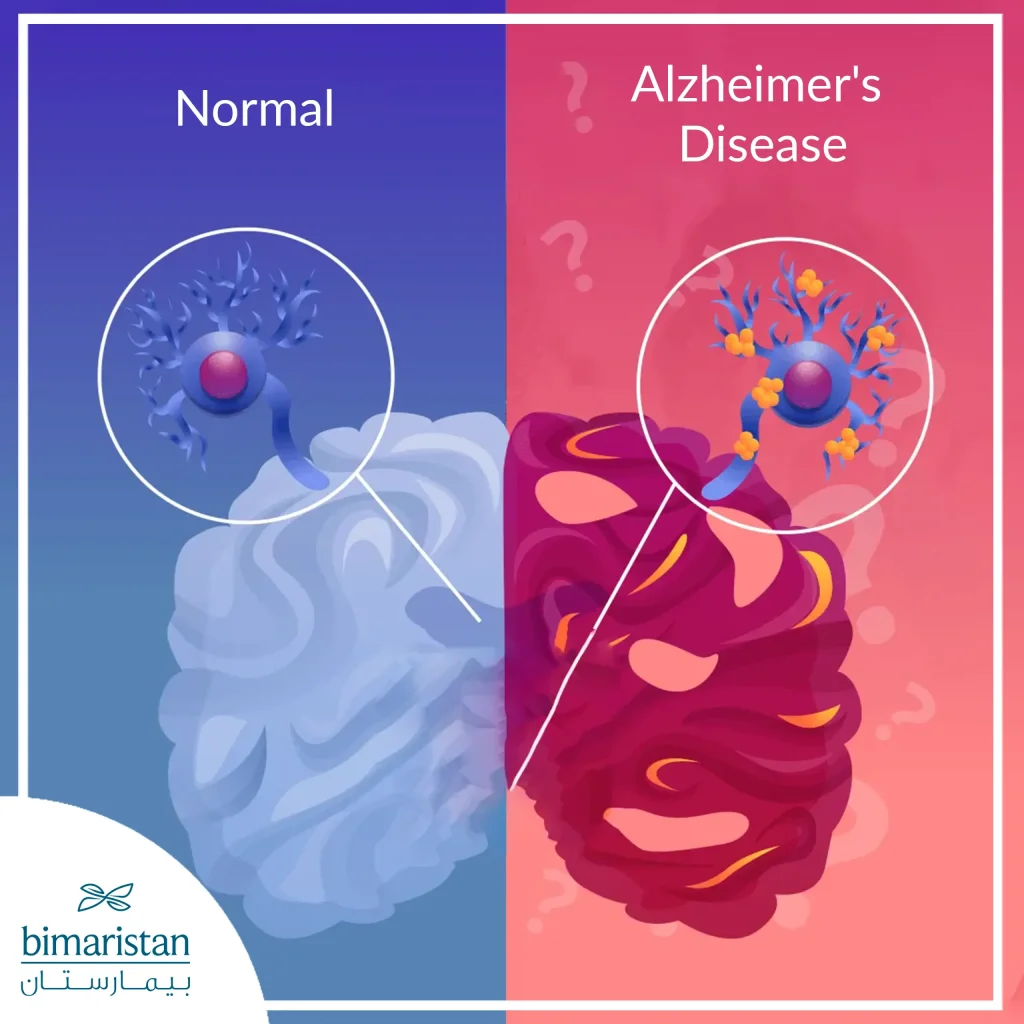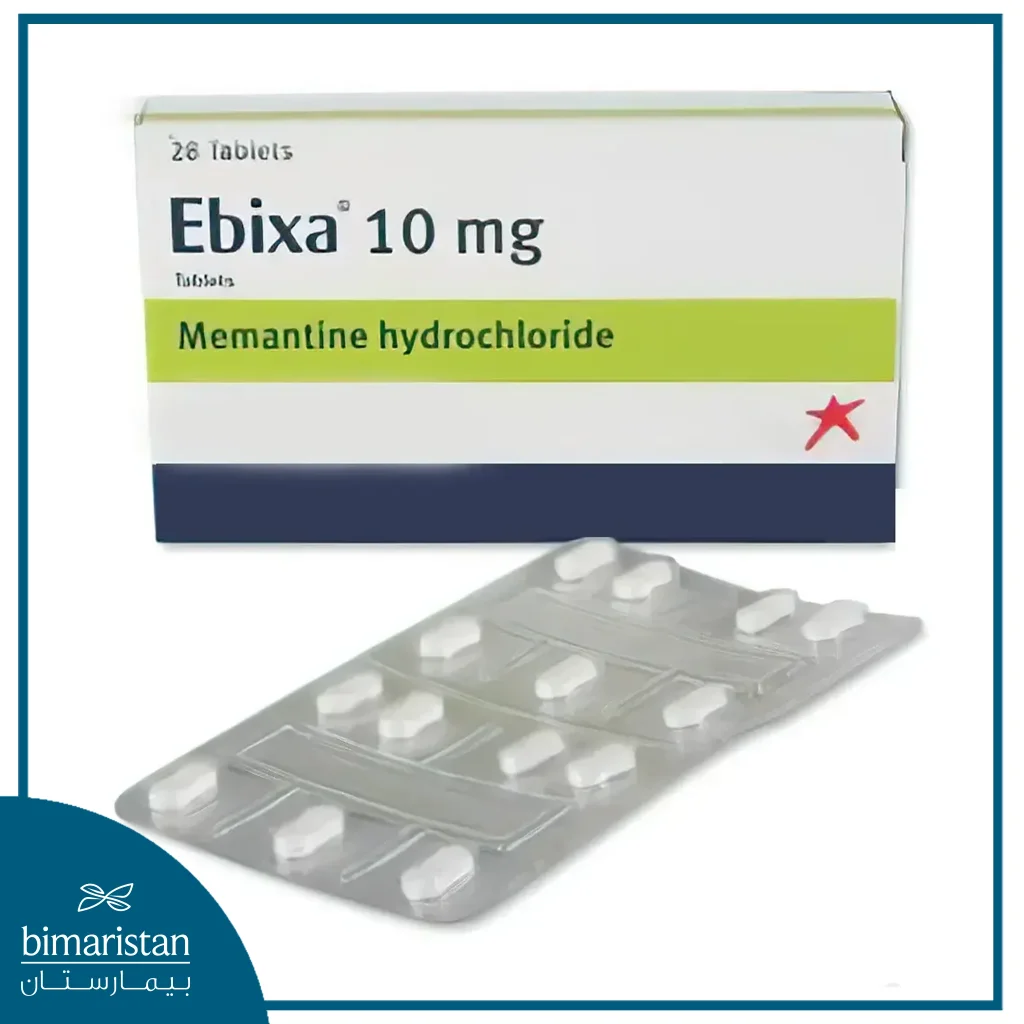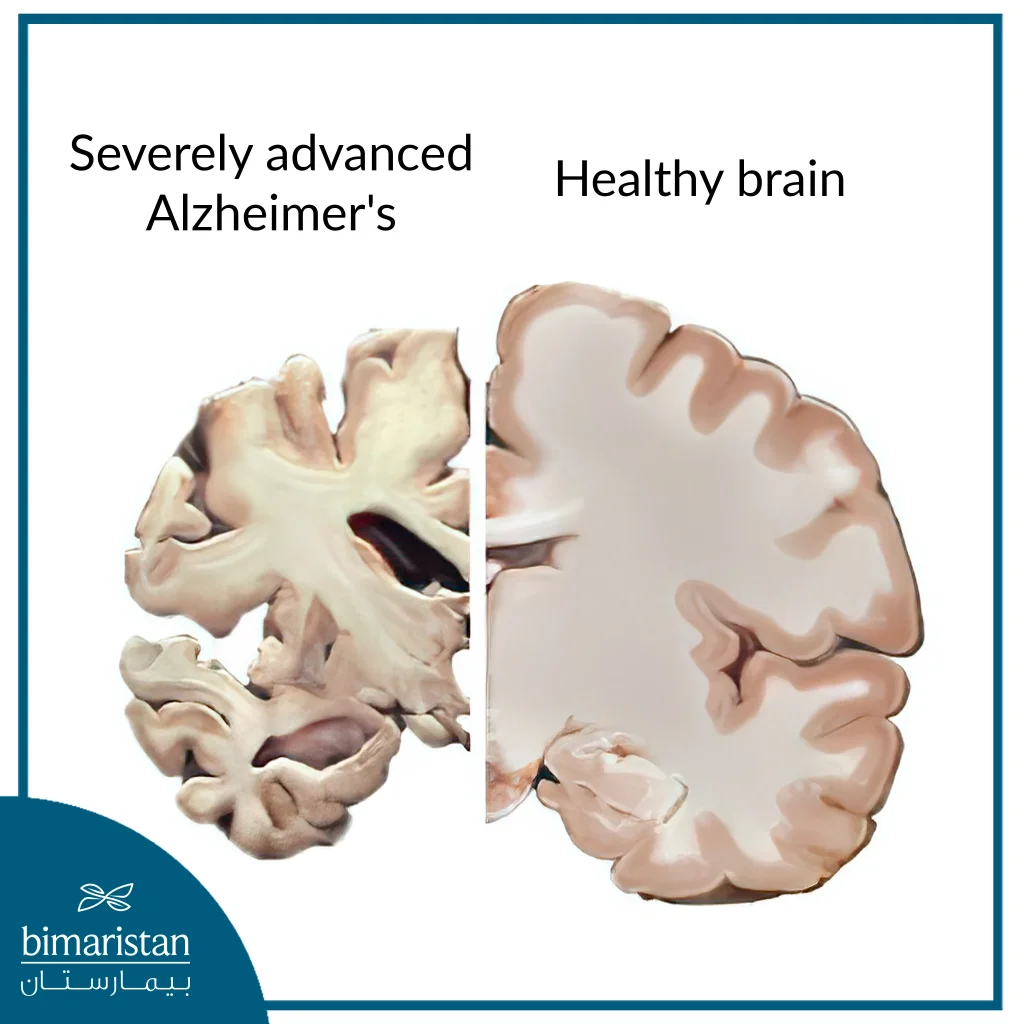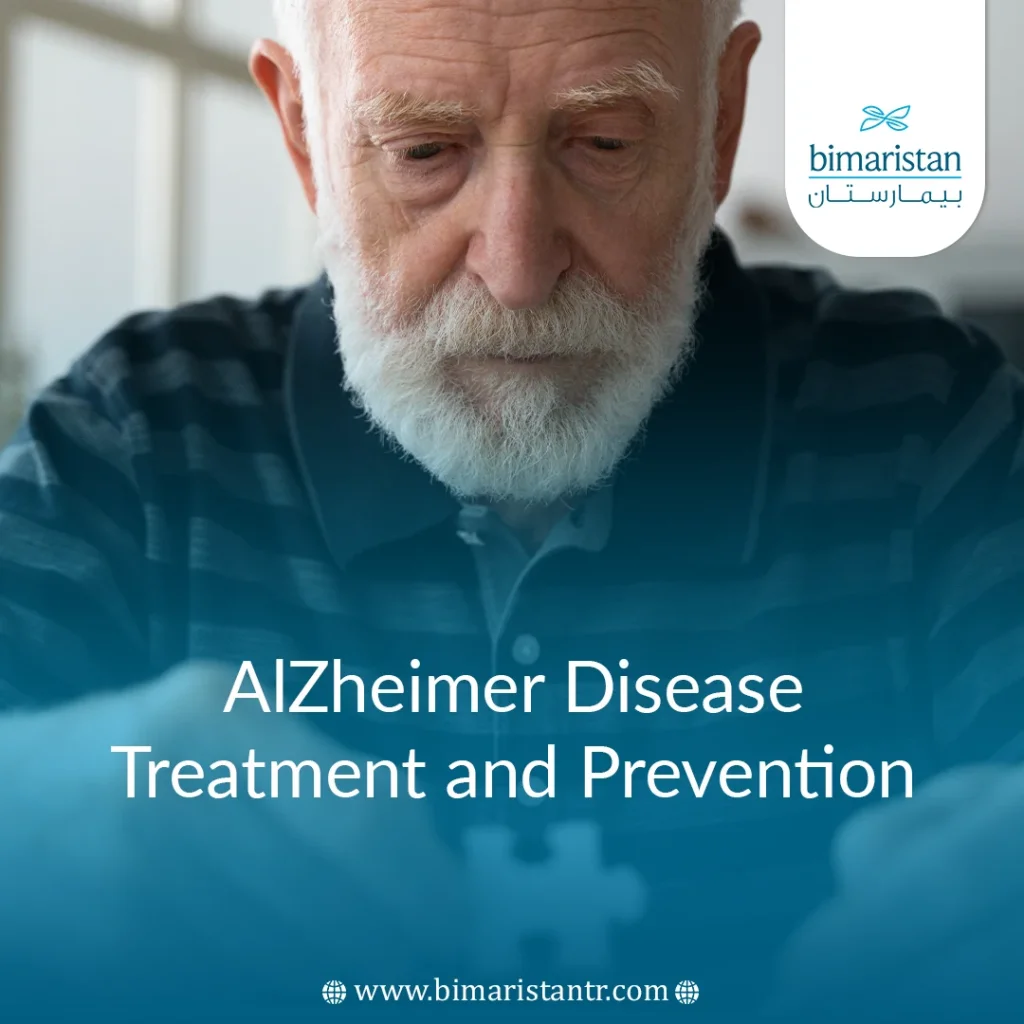Turkey is a leading destination in healthcare and medical treatment, combining advanced medical expertise and modern technologies at affordable prices. Alzheimer disease treatment and prevention in Turkey represents a major challenge in neurological medicine, and Turkey is considered one of the countries that has achieved remarkable progress in this field. Thanks to its distinguished medical centers and doctors specializing in neurological diseases, patients can benefit from various treatment options, including drug treatments, surgical interventions, and rehabilitation and personal care programs.
This article provides a comprehensive look at the latest developments in the treatment of neurodegenerative Alzheimer’s disease in Turkey and how these innovative procedures can help improve patients’ quality of life and reduce symptoms associated with the disease.
Overview of Alzheimer’s disease
Alzheimer’s disease is a chronic, progressive neurodegenerative disease, meaning it lasts throughout the life of the sufferer and gets worse over time. It often affects the elderly.
In this disease, mutant proteins (from the amyloid and tau proteins) form around or inside nerve cells. This disrupts brain functions by cutting off the connections between these cells and depriving them of performing the basic processes necessary for survival.
This results in the death of these neurons and the loss of the neurotransmitters they produce. As a result, there is a deficiency in neurotransmitters in the brain, which leads to Alzheimer’s disease. Therefore, treatment of Alzheimer’s disease depends on alleviating the symptoms of Alzheimer’s.

Alzheimer’s disease is treated using medications that inhibit the cholinesterase enzyme or through other medications that counteract the effect of NMDA. We will discuss These two groups of medications used in detail.
Diagnosis of Alzheimer’s disease
People with Alzheimer’s disease are predicted through some tests during a doctor’s interview, as the disease is revealed when the patient is asked where he is and what time it is.
He also tests his memory of recently learned things (short-term memory) and important things that happened during his life (long-term memory). Then he may check his general health, including temperature and blood pressure, along with the functions of all other systems.
All of this remains just a prediction since, despite this, Alzheimer’s disease cannot currently be diagnosed unless the patient dies and his brain is examined anatomically and under a microscope.
We can sometimes rely on computed tomography or magnetic resonance imaging, which helps us better approach the diagnosis during the patient’s life through the appearance of the brain in the images.
In the advanced stages of dementia and Alzheimer’s, changes appear that show excessive destruction in the brain and a lack of cerebral matter. Here, treatment of the disease is no longer effective and must be done with the most effective modern methods.
Treating secondary symptoms of Alzheimer’s disease
Alzheimer’s disease has many symptoms, in addition to memory loss. Some of these symptoms include:
- Depression
- Anxiety and psychological disorders
- Anger and easy to get on his nerves
- Hallucinations
- Sleep disturbance
These symptoms are treated using some symptomatic medications, including:
- Antidepressants
- Antiparkinsonian drugs
- Antiepileptics
- Anxiety situations
- Antipsychotics
- Beta-blockers
- Amyloid-directed antibodies
Treating the early stage of Alzheimer’s disease
The patient initially suffers from weak memory and thinking ability. Treatment at this stage can stop or delay the progression of the disease and is, therefore, necessary.
Alzheimer’s disease treatment in the early stage depends on mental exercises and the prescription of cholinesterase antagonists. This enzyme breaks down acetylcholine in the synapses after it has performed its work (a natural process).
Treatment of early Alzheimer’s disease using cholinesterase inhibitors
Acetylcholine is a neurotransmitter in the brain responsible for attention and memory. When nerve cells in the brain die due to being surrounded by mutant proteins, this neurotransmitter decreases.
Cholinesterase inhibitors work by increasing acetylcholine concentrations in the brain by stopping its breakdown. We note their high effectiveness in treating early Alzheimer’s disease and alleviating its primary and secondary symptoms (such as depression and agitation).
Cholinesterase inhibitor medications that are effective in treating Alzheimer’s disease (dementia):
- Rivastigmine
- Donepezil
- Galantamine
Despite the great benefit of treating Alzheimer’s disease using cholinesterase inhibitors (pharmaceutical treatments), a study revealed some side effects that people (Alzheimer’s patients) may feel when using the drug, including:
- Nausea
- Vomiting
- diarrhea
- Dizziness and vertigo
- Slow movement
- Fainting
- Injuries and bruises due to fainting and falling (such as fractures)
Treatment of early Alzheimer’s disease using mental exercises
Continuous mental activity shows promising results in treating Alzheimer’s patients in terms of slowing the progression of the disease, as many doctors advise patients at risk of developing the disease to keep their brains active.
This is done through mental puzzles and thinking games such as crosswords. This mental activity aims to stimulate the patient’s brain and make him try to think and remember things.
This activity must be exciting for the patient, harmonious with the atmosphere, and competitive. However, it is strictly required to preserve the patient’s dignity, take into account his declining mental ability due to the disease, and not provoke or anger him because of these games.
Alzheimer’s disease treatment in its advanced stages
As Alzheimer’s disease progresses and symptoms become more severe, new treatment options for Alzheimer’s (dementia) that are more effective are sought.
To treat the late stages of Alzheimer’s, there is a new drug group called NMDA receptor blockers, or you can rely on the previously mentioned drug, but with higher doses and different methods of administration.
Treating Alzheimer’s disease using an NMDA receptor blocker drug
These medications improve neurotransmitters’ transport in the central nervous system and stop damage to the brain (destruction of brain cells), thus treating and improving the symptoms of Alzheimer’s.
Memantine is used to treat Alzheimer’s patients in the late stage, which is a drug that blocks the aforementioned receptors and can be combined with drugs that inhibit the enzyme cholinesterase to improve the efficiency of treatments (according to the Food and Drug Administration in the United States of America).

One of the most famous of these drug combinations is the use of memantine with donepezil, as a study revealed the effectiveness of this combination in stabilizing and treating advanced Alzheimer’s disease.
Side effects of memantine include:
- Dizziness and vertigo
- Headache
- Sleepiness
- Constipation
- Confusion and confusion
Advanced Alzheimer disease treatment with rivastigmine
It is one of the medications that inhibits the enzyme cholinesterase mentioned above. Still, in the advanced case of Alzheimer’s disease, treatment is done using Rivastigmine skin patches (one of the medications used when the patient’s condition with Alzheimer’s deteriorates).
These patches release the medication, which is continuously absorbed by the skin throughout wearing the patch. The dose of rivastigmine for treatment here is between 13.3 and 4.6 mg per day (daily dose).
The latest technologies for Alzheimer disease treatment in Turkey
Alzheimer’s disease is treated in Turkey using transcranial pulsed stimulation (TPS). This method relies on stimulating nerve cells in the brain and activating deep areas of the brain by applying ultrasound waves (advanced echo) to the head over several sessions. This method has shown widespread success in treating and improving Symptoms of Alzheimer’s patients. This method is applied at Bimaristan Medical Center.

At this stage, contact us to provide you with the support you need to treat your condition (Alzheimer’s disease), as we will provide you with the best treatment in Turkish hospitals.
Alzheimer’s prevention
There is no proven evidence of effective prevention against Alzheimer’s disease, but combating the risk factors (leading to the death of brain cells in Alzheimer’s disease) remains the most important way to prevent Alzheimer’s disease or delay its development.
Despite this, there are ways to prevent Alzheimer’s disease (aging) according to the results of a promising study, including the following:
- Keeping the brain active: We must not leave our brains idle. Continuous reading and continuous education are the basis of a healthy life. We must also activate the mind with some riddles and riddles.
- Avoid smoking: Smoking is a risk factor for Alzheimer’s disease.
- Live a healthy life: This is done by eating healthy food, especially olive oil and fish. It is also preferable to be exposed to beneficial sunlight to obtain vitamin D.
- Maintaining a healthy social life: This is done by meeting with friends and donating to charitable projects so that the person feels satisfied with himself and accomplished by being an active member of society.
- Exercising: Exercise benefits many diseases, so keeping the body healthy is important to prevent disease.
- Sleep well: Staying up late and lack of sleep are causes of Alzheimer’s disease, according to a study on brain cells in Alzheimer’s patients.
Bimaristan Medical Center will provide you with the correct medical advice in treating your disease. Contact us so that we can guide you to the most skilled doctors and the best hospital in Turkey to treat your health condition.
Sources:

